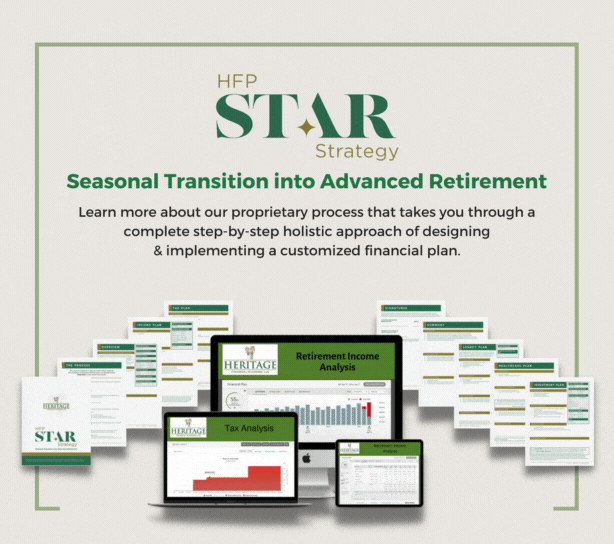Your Retirement Accounts Don’t Just Disappear—But They May Not Go Where You Think
After spending decades building your retirement savings, it’s important to ask: What happens to your IRAs, 401(k)s, or Roth accounts when you’re gone? The answer depends on how your accounts are titled, who your beneficiaries are, and how your estate plan is structured.
Without a proper strategy, your heirs could face unexpected taxes, delays, or even lose access to the inheritance you intended for them. Let’s walk through what really happens—and how to make sure your accounts are transferred smoothly.
How Retirement Accounts Are Passed to Heirs
Most retirement accounts do not go through your will or the probate process. Instead, they’re passed directly to the named beneficiaries on the account paperwork. This makes beneficiary designations one of the most powerful estate planning tools—but also one of the most frequently overlooked.
You can name:
- A spouse
- Children or grandchildren
- A trust
- A charity
- Or any individual
If no beneficiary is named—or the person you named has passed away—the account may be subject to probate or default state rules, which could delay the process and reduce what’s passed on.
What Your Beneficiaries Need to Know About Inherited Accounts
Under the SECURE Act, most non-spouse beneficiaries must withdraw all assets from an inherited IRA or 401(k) within 10 years of the original owner’s death. That means large accounts could create significant tax liabilities for your heirs—especially if those distributions push them into a higher tax bracket.
Here’s what typically happens by account type:
- Traditional IRAs/401(k)s: Taxed as ordinary income when withdrawn by heirs.
- Roth IRAs: Withdrawals are tax-free for qualified beneficiaries, but must still be emptied within 10 years (unless the beneficiary is a spouse, minor, disabled, or chronically ill).
- Roth 401(k)s: Similar to Roth IRAs, but may have different plan rules—some may require quicker distributions unless rolled into a Roth IRA.
Spouses, however, have more flexibility. They can roll over the account into their own IRA, delay distributions, or treat it as an inherited IRA with RMDs based on their life expectancy.
Why Beneficiary Designations Deserve a Regular Review
Your beneficiary choices can override your will or trust, so it’s critical to review them after major life events such as marriages, divorces, deaths, or births. A forgotten or outdated beneficiary can derail your intentions completely.
In addition, consider whether your heirs are prepared to receive large sums of money—or whether a trust may be more appropriate for control, privacy, or asset protection.
Protect Your Accounts—and Your Legacy—With a Coordinated Plan
At Heritage Financial Planning, we help you integrate your retirement accounts into your estate plan through our HFP S.T.A.R. Strategy (Seasonal Transition into Advanced Retirement). We review your beneficiary designations, model the tax impact for your heirs, and explore strategies like Roth conversions, trusts, and charitable giving to maximize the value of what you leave behind.
Don’t leave this to chance—schedule your legacy planning review today and ensure your retirement accounts go exactly where you intend.

Click here to learn more about our HFP STAR Strategy process.
Sources:
• IRS: Inherited IRA Rules – https://www.irs.gov
• SECURE Act Summary – https://www.congress.gov
• Fidelity: Retirement Beneficiary Planning – https://www.fidelity.com
• Heritage Financial Planning: https://heritagefinancialplanning.net/about/heritage-financial-star-strategy/











